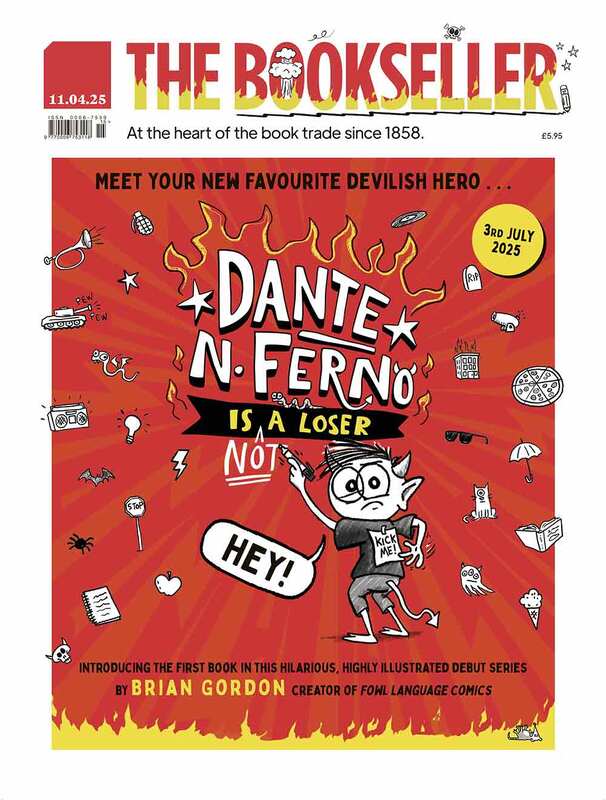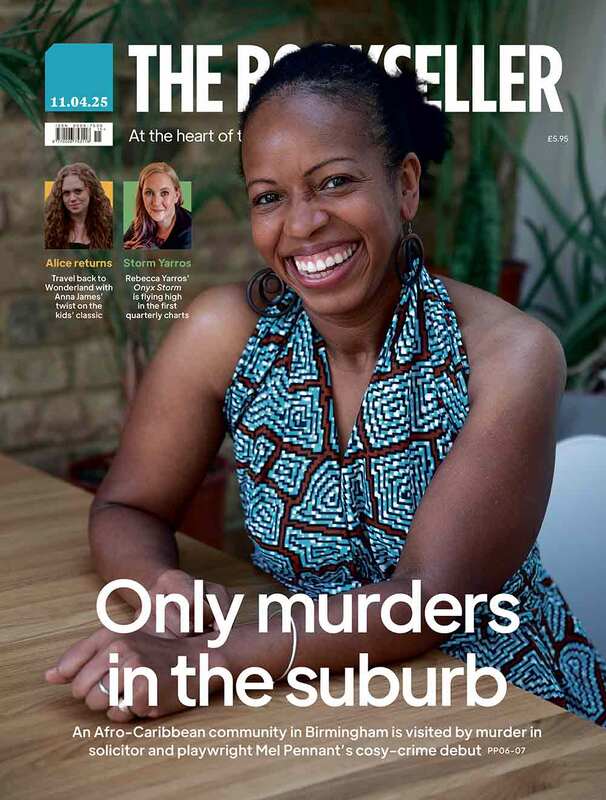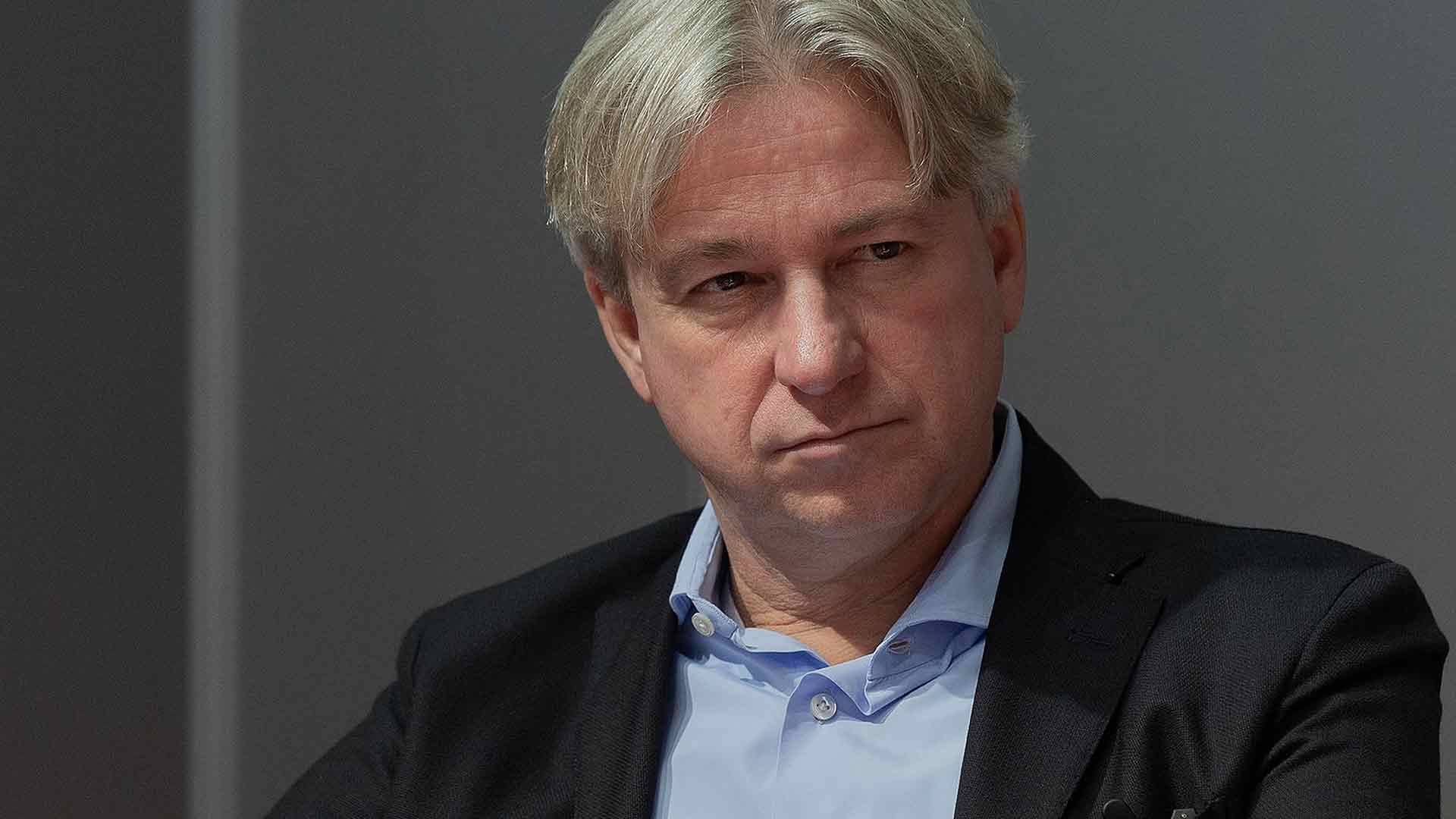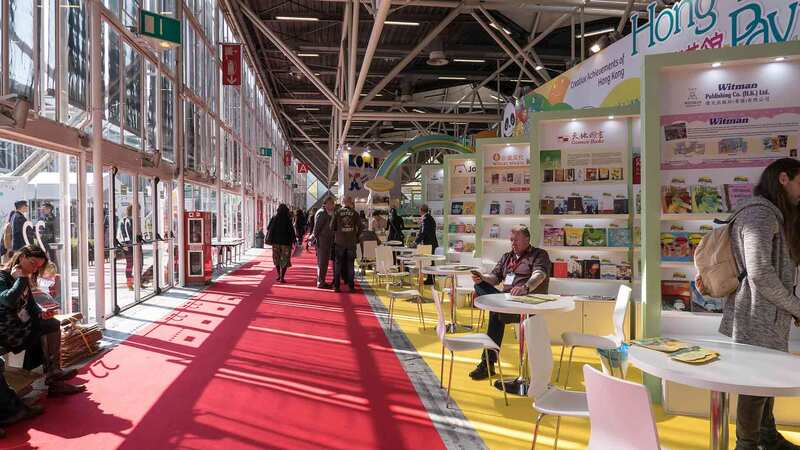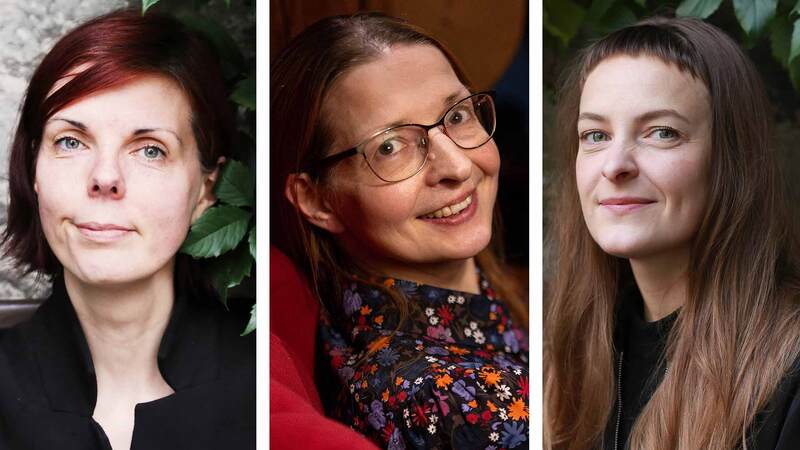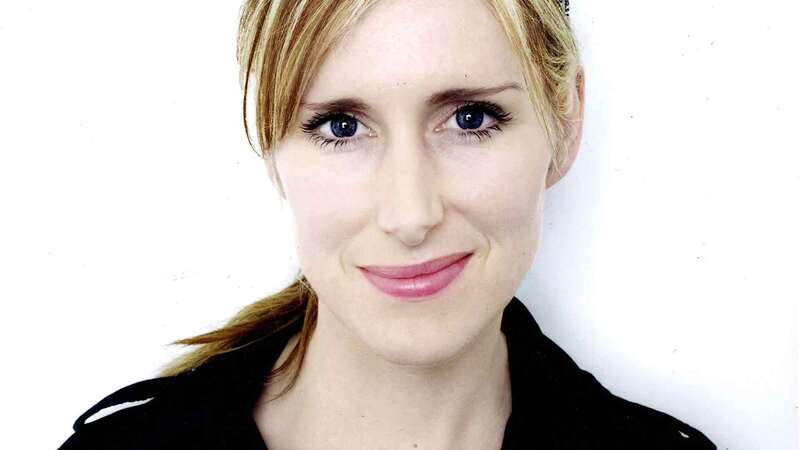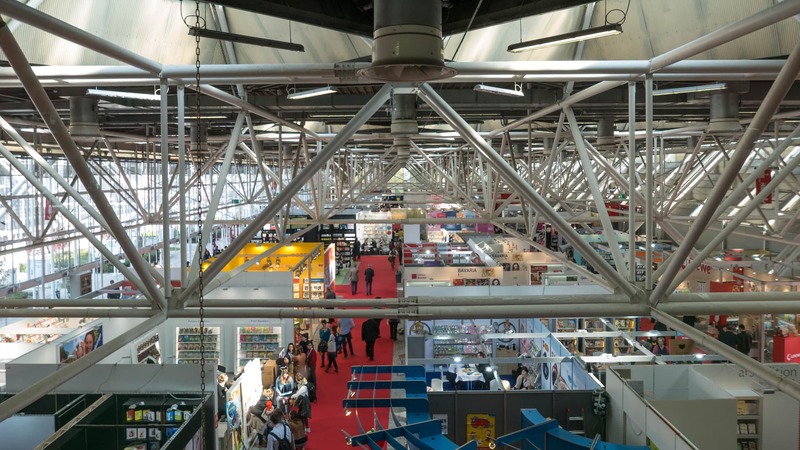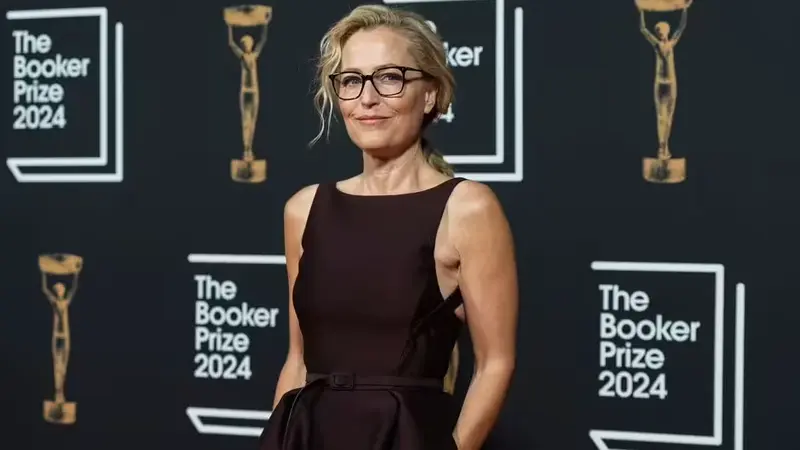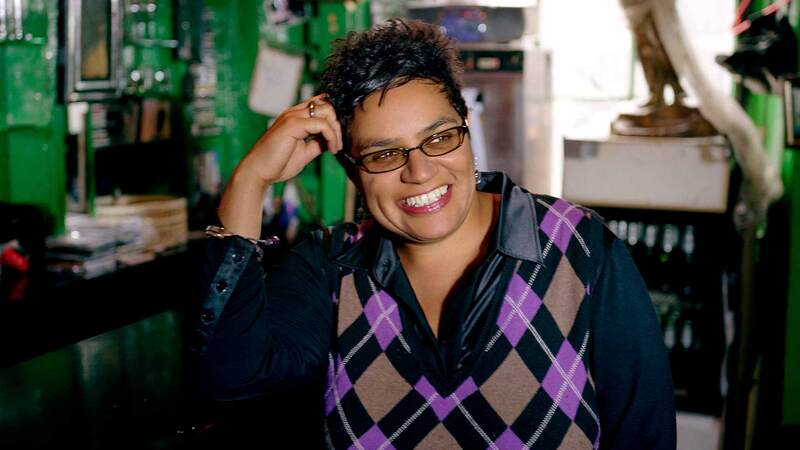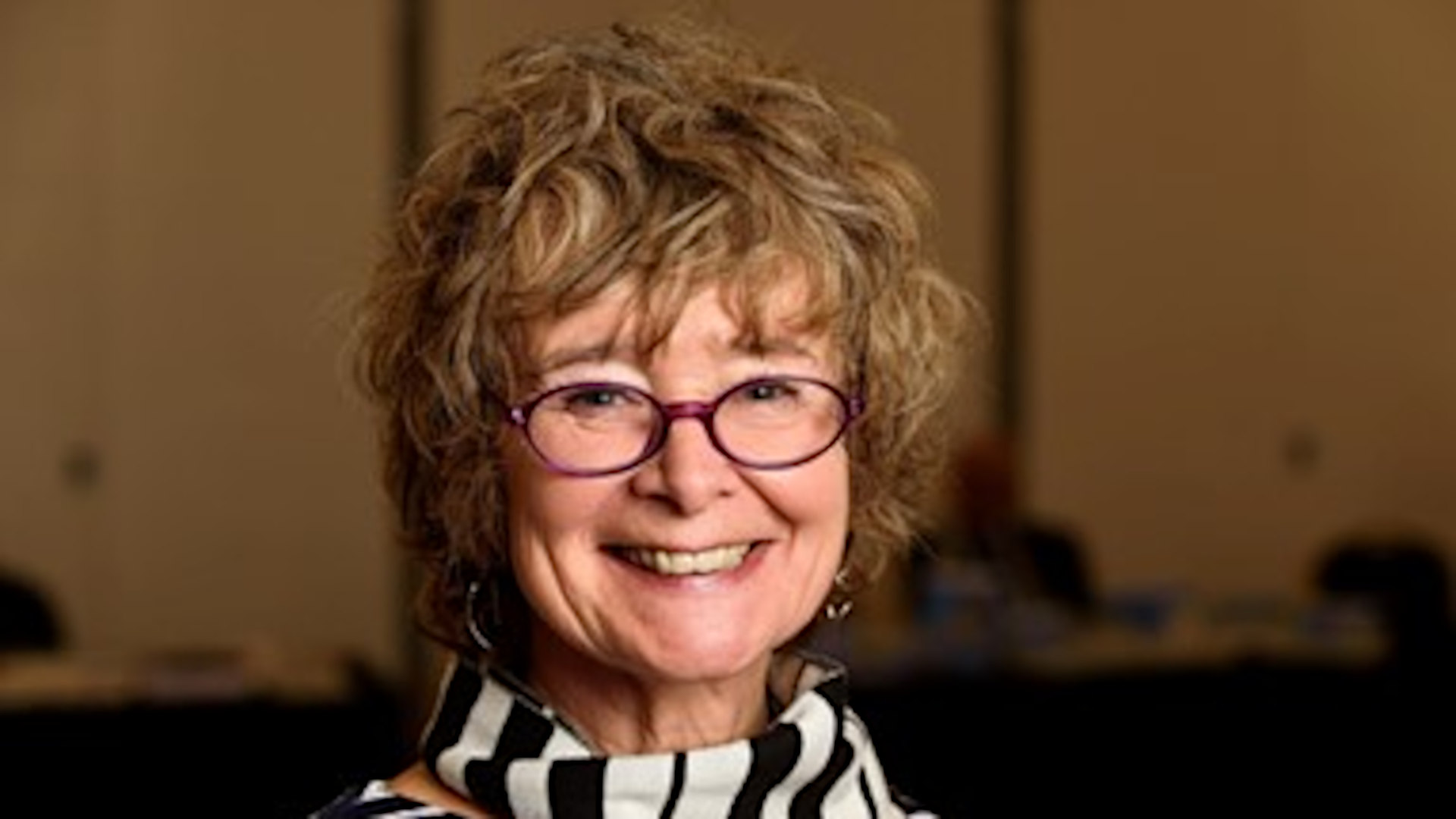You are viewing your 1 free article this month. Login to read more articles.
Q&A: Juergen Boos, president & c.e.o., The Frankfurt Book Fair
The FBF boss on the Israel-Gaza conflict, the Roberto Saviano controversy and where the book fair goes next.
In many ways, the overarching story of last year’s FBF was the Israel-Gaza conflict, the fair’s reaction to it, and the subsequent pulling out of the event by many Middle East publishers. Obviously, the war is still ongoing—how will it affect Frankfurt this year?
Frankfurt has always been the perfect stage for controversy. I think Frankfurt is quite a safe harbour: where in the world can people from 100 countries come and discuss whatever they want to discuss? But we’ve specifically launched a special pavilion [Frankfurt Calling] to address some of the more difficult political issues and there will be Palestinian and Israeli authors and intellectuals participating. But we’ve organised it with a lot of partners like PEN and it was important for us not to be the ones controlling what’s happening other, than providing a peaceful forum for these discussions to take place.
But on more practical terms, our Middle East partners are completely back this year; we have some trade visitors coming from Israel, and one or two small stands. But it’s not the only war, is it? Ukraine is going to have a really big stand, which is part of a project supported by Frankfurt, the Goethe-Institut and the German Ministry of Culture.
During the spring, a controversy erupted with author Roberto Saviano not being invited as part of the Italy Guest of Honour programme—allegedly for his antipathy towards Prime Minister Meloni—which led to other Italian writers saying they would boycott FBF. What’s the situation now?
Let’s back up: being the Guest of Honour is quite an undertaking, a major investment. And in the period since we signed the contract with Italy, I’ve seen four or five Italian ministers of culture come and go. So, it’s a process. But, we should say it’s not just the government of the time that has a say. There are a lot of partnerships: with the AIE [Italian publishers association], the Italian Cultural Institute, regional governments from southern Italy, Campania, Naples and so on. So there has been discussion on the official programme coming from [the national government in] Rome. But the question whether there is enough space for all voices has been resolved as the AIE has come in to co-ordinate everything.
But we shouldn’t lose focus of what’s really behind a Guest of Honour—it’s not really about who is speaking during the week of the fair, but getting translation funding all year long, and beyond. Italy has had 220 translations into German funded this year. But, Saviano will be here [he has been invited by his German publisher]. There are 90 Italian authors in the official programme and a lot of others invited by other sources. So there is a lot of room for diversity.
One of the new wrinkles this year is FBF’s partnership with the Bologna Children’s Book Fair on a new centre focusing on gaming. Why, when you could be viewed as competitors, are you collaborating?
Partially this is personal; [BCBF director] Elena Pasoli and I get on well, but Bologna is, like us, very international, not just confined to their own fair—such as their work in Shanghai. And FBF is one of the largest exhibitors in Bologna. And it is a spring fair so we aren’t in direct competition. But we thought there was a need to work together to help introduce publishers and gaming companies. It made sense for Bologna and us to use our expertise to collaborate on this, rather than fight each other.
What is the state of book fairs today? Will we ever get back to that pre-Covid-19 world, and attendance levels?
Each year we reinvent Frankfurt because it is in a special situation in the book-fair world where it’s for both a general audience and B2B. But rights trading is growing here—but it’s growing everywhere. There is still room to expand that side for Bologna and the London Book Fair. From our trade exhibitor side, there are territories where we are growing, especially in Asian countries. There are topics and trends that are going well: for example, we are doing a YA stream on the weekend and tickets are going through the roof.
Yet there is also consolidation among exhibitors in the more mature, saturated markets like the UK and France. And now even in Germany, where we are losing a lot of the smaller exhibitors. Our government’s budget means we’ve seen cuts to cultural institutions which has affected stand sales.
It’s complicated. I go to a lot of book fairs across the world and there are places that are booming like Cairo and Buenos Aires. A lot of this is driven—if we are talking about readers—by young people and BookTok. This encourages us to look at more focused events, but demonstrates the need for us to provide matchmaking for publishers and agents to new industries and potential partners.

